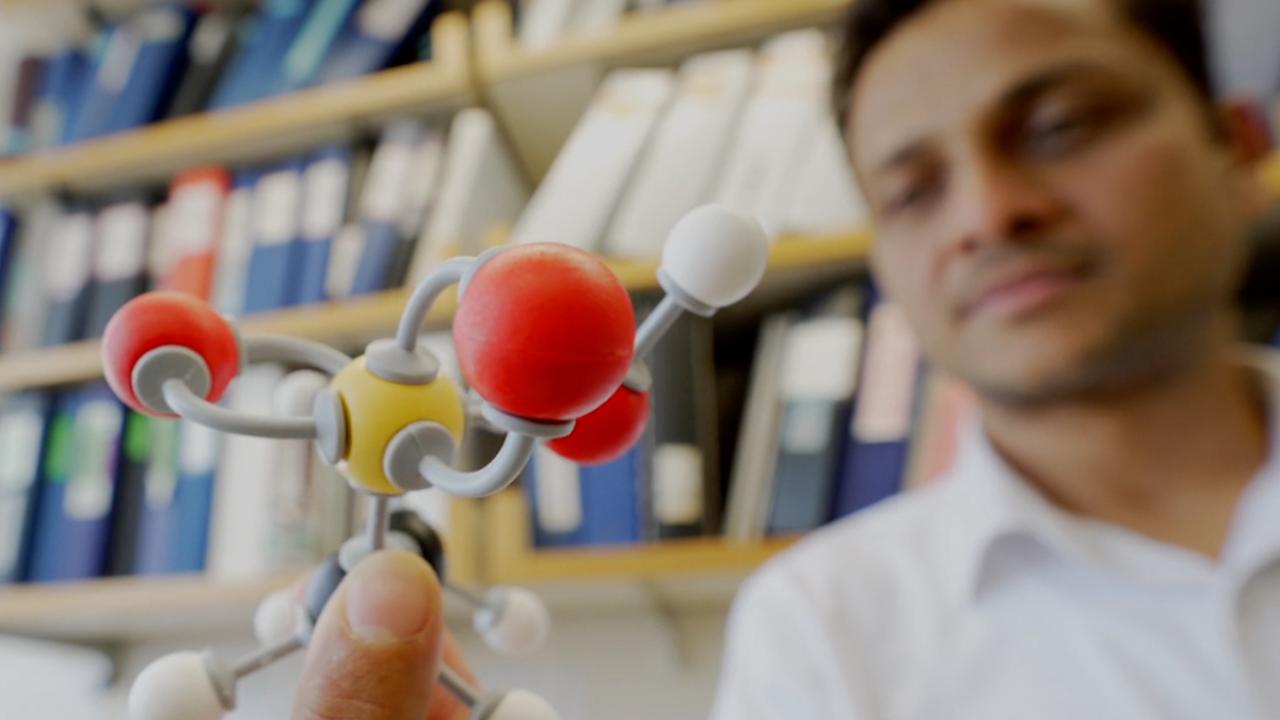Bullfighting supplements have been considered promising to delay aging, but that may not be the case Shuttersock / Eugeniusz Dudzinski
It was thought that amino acid bullfighting decreased with age, and animal research suggested that bullfighting supplements could delay aging. But a new study shows that the decrease does not happen consistently. In fact, bullfighting levels tend to increase in people over time, a suggestion that the low levels of the nutrient are not a driver of aging.
Previous investigations have shown that bullfighting concentrations decrease in men as they age and that people with bullfighting higher at 60 years tend to have better health results. This, together with the evidence that bullfighting supplements extend the useful life in mice and monkeys, suggested that low bullfighting contributions to aging.
The problem is that bullfight also fluctuates in response to other factors, such as disease, stress and diet, therefore, decreases in this key amino acid may not be due to aging. Maria Emilia Fernández, of the National Institute on Aging of Maryland and her colleagues, analyzed bullfighting levels in 742 people between 26 and 100 years. The participants, approximately half of which were women, did not have underlying health conditions and tested three to five blood samples between January 2006 and October 2018.
On average, bullfighting levels were almost 27 percent higher in women with 100 years and increased approximately 6 percent between the ages of 30 and 97. Similar results were in 32 monkeys that underwent three to seven blood draws. Between 5 and 30 years of age, bullfighting levels increased by 72 percent in female monkeys and 27 percent in male monkeys, on average.
Together, these findings indicate that bullfighting levels are not a reliable indication of aging. In addition, bullfighting levels also vary widely among people and also among individuals over time, suggesting that other environmental factors influence the issue, says Fernández.
However, some people can still benefit from bullfighting supplementation, says Fernández, pointing out studies that show that it helps regulate blood sugar in people with 2 diabetes or obesity. But if you can delay aging in healthy people it is an open question.
Vijay Yadav at Rutgers University in New Jersey says that he and his colleagues are conducting a clinical trial of bullfighting supplements in medium -sized adults. “We hope to finish the trial at the end of 2025,” he says. “Hopefully it generates sufficiently rigorous data to show whether or not the pace of aging in humans or increases health and aptitude.”



